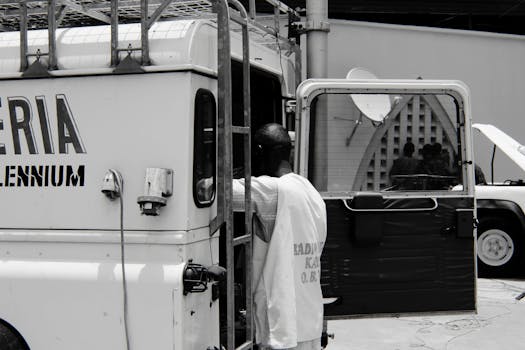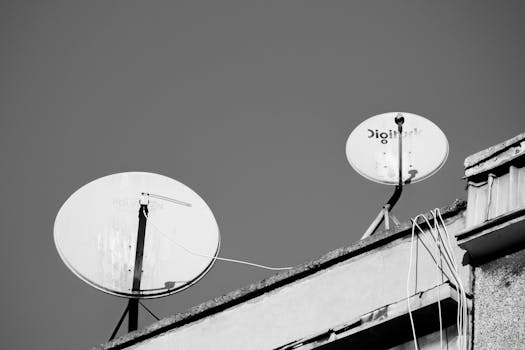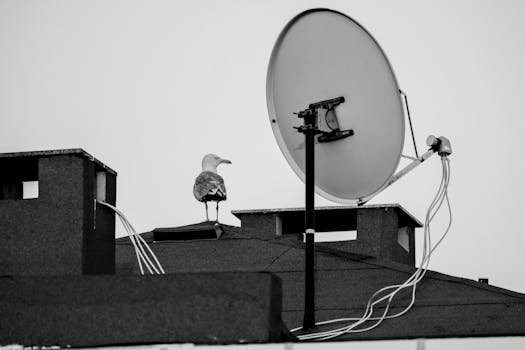Fiber vs. Satellite: The Battle for Internet Dominance in Africa – Which is the Best Option?

Fiber vs. Satellite: The Battle for Internet Dominance in Africa – Which is the Best Option?
Fiber vs. Satellite: The Battle for Internet Dominance in Africa is a highly debated topic, especially in the context of the African market. With the increasing demand for reliable and fast internet connectivity, internet service providers are looking for the best options to provide their customers with the best possible experience.
Introduction to Fiber Internet

Fiber internet is a type of internet connection that uses fiber-optic cables to transmit data. These cables are made up of thin glass or plastic fibers that use light to transmit data, resulting in faster and more reliable internet speeds. Fiber internet is widely considered to be the best option for internet connectivity, offering speeds of up to 10 Gbps (gigabits per second) and low latency.
Introduction to Satellite Internet

Satellite internet, on the other hand, uses satellites in orbit around the Earth to transmit data. This type of internet connection is often used in remote or hard-to-reach areas where fiber-optic cables are not available. Satellite internet has improved significantly over the years, with the introduction of new technologies such as Ka-band and HTS (High-Throughput Satellites). However, it still suffers from high latency and lower speeds compared to fiber internet.
Comparison of Fiber and Satellite Internet

When it comes to internet connectivity in Africa, both fiber and satellite internet have their pros and cons. Fiber internet offers faster speeds, lower latency, and higher reliability, making it the preferred option for urban areas. However, it can be expensive to deploy and maintain, especially in rural areas where the cost of laying fiber-optic cables can be prohibitively high.
Satellite internet, on the other hand, is more suitable for remote or hard-to-reach areas where fiber-optic cables are not available. It is also a more cost-effective option for areas with low population density. However, it suffers from high latency and lower speeds, making it less suitable for applications that require real-time communication, such as video conferencing or online gaming.
Which is the Best Option for Africa?

The best option for internet connectivity in Africa depends on several factors, including the location, population density, and available infrastructure. In urban areas, fiber internet is the preferred option due to its faster speeds, lower latency, and higher reliability. However, in rural or hard-to-reach areas, satellite internet may be the only viable option.
Ultimately, a combination of both fiber and satellite internet may be the best solution for Africa. By deploying fiber-optic cables in urban areas and using satellite internet to connect remote or hard-to-reach areas, internet service providers can offer their customers a reliable and fast internet experience, regardless of their location.
See more:





